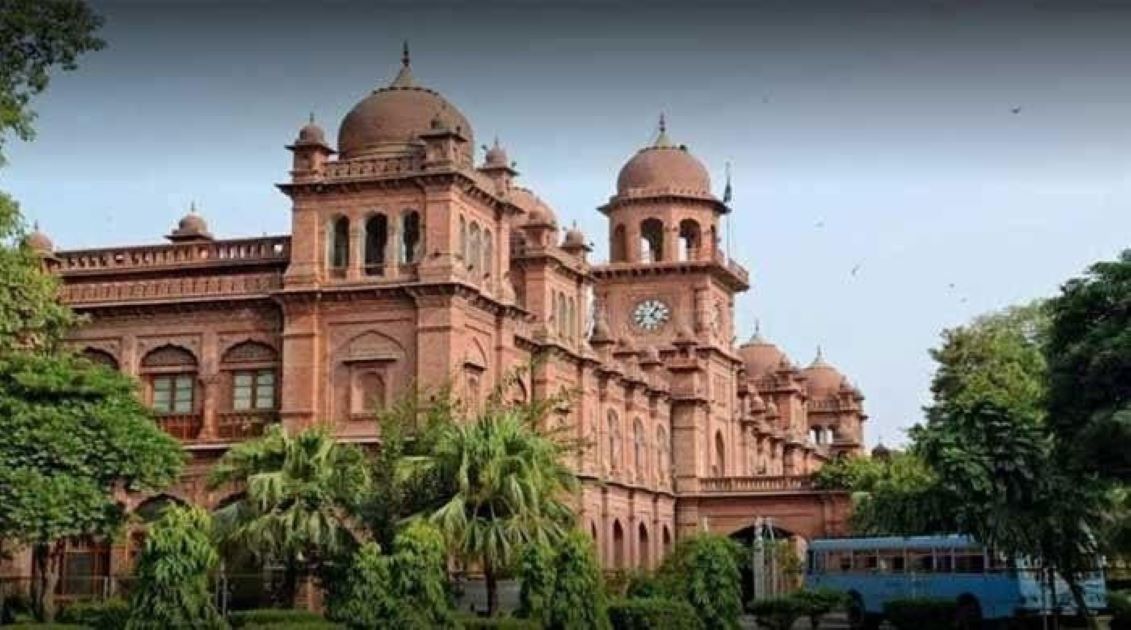One of the oldest and most prominent universities in Pakistan, the University of the Punjab, has formally announced a significant change to its tuition pricing schedule. The magnitude of the increase has drawn the attention of both parents and students to this change, which takes effect this month. One of the most significant fee adjustments in the university’s recent history, the new structure represents an average 28% increase in tuition fees across a variety of academic programs.
After extensive consultations, the University Syndicate reviewed and formally approved this decision, according to university officials. Students and education advocates throughout the province are alarmed by the steep increase, despite the administration’s insistence that it is required to cover growing operating costs.
LLM Program Faces the Steepest Increase
With the biggest increase among all the disciplines impacted by the new fee structure, the Master of Laws (LLM) program stands out. The cost of this postgraduate law program has increased by 59%, or an extra Rs. 5,825 for students enrolled. This puts LLM at the top of the tuition growth percentage, which raises concerns about affordability and accessibility for those who want to practice law.
Undergraduate Programs Not Spared
- The fee hike affects not just postgraduate programs but also core undergraduate degrees.
- Programs impacted include BSc, BCom, BBA, and MBA, each facing a 15% increase.
- These programs account for a large portion of the student population.
- Thousands of students and families will now face higher financial pressure.
- Economically challenged students are especially affected by the sudden fee hike.
- Many students depend on limited resources or part-time work to support their education.
- The abrupt increase has made financial planning more difficult for many.
Doctor of Pharmacy Sees a Steep Climb
Another field where tuition costs have significantly increased is the Doctor of Pharmacy (D Pharmacy) program. The program’s new fee has increased by 28%, from Rs. 18,000 to Rs. 23,000. Students studying pharmacy, who already face a demanding academic schedule, are now under pressure to find extra money to support their studies.
LLB and Medical Diploma Programs Also Impacted
- LLB (Bachelor of Laws) students face a 28% increase in tuition fees.
- Though lower than the LLM hike, the rise still significantly impacts law students.
- The Medical Diploma program has seen a 16% fee increase.
- While smaller, this hike adds financial strain on diploma students.
- Students in healthcare-related diploma programs with limited resources are especially affected.
University’s Official Statement Offers Justification
As worries grew, a Punjab University representative released a formal statement outlining the justification for the tuition increase. The spokesperson claimed that the university syndicate formally approved the decision, which was reached following “detailed consultations.” They added that the fee adjustment is meant to guarantee an extended period of academic and infrastructure development while also bringing the university’s costs into line with the state of the economy.
They underlined that the new fee structure is an important move to meet rising operational costs, such as salaries, utility bills, and the maintenance of academic facilities, and that the university is dedicated to upholding high standards in both education and research.
Student Reactions and Concerns
- Many students and unions have reacted negatively to the tuition fee hike.
- Key concerns include affordability and equal access to higher education.
- Student representatives are disappointed by the timing and scale of the increase.
- Some groups plan to hold meetings and peaceful protests.
- They argue that public universities must remain accessible to all socio-economic groups.
- Large fee hikes risk excluding students with limited financial resources.
The Wider Impact on Higher Education
The future of public education in Pakistan is also called into question by this increase in Punjab University fees. Public universities are being compelled to look for new sources of funding as a result of inflation and growing expenses in every industry. But many education experts contend that transferring the expense to students is not a long-term solution. Especially in a nation where a sizable section of the populace already faces financial difficulties in accessing basic educational opportunities.
About ParhloPakistan
Our goal at ParhloPakistan is to provide you with the most up-to-date and significant education-related news from all around Pakistan. Our platform makes sure you stay up to date on all the important developments, from university updates and exam alerts to student opinions and career guidance. ParhloPakistan is your go-to resource for anything educational, regardless of your level of education high school, college, or academic interest. Our goal is to establish an environment where students can stay ahead of the curve with timely, accurate, and easily accessible information.
Conclusion
Even though Punjab University’s decision to raise tuition may have been motivated by need, students and families are undoubtedly concerned. The growing conflict between student affordability and institutional sustainability is highlighted by the 28% average increase, particularly the sharp increase in the LLM, D Pharmacy, and LLB programs. It is imperative that all parties involved have meaningful conversations as the situation develops in order to identify a fair course of action that guarantees that everyone can continue to access high quality education.




